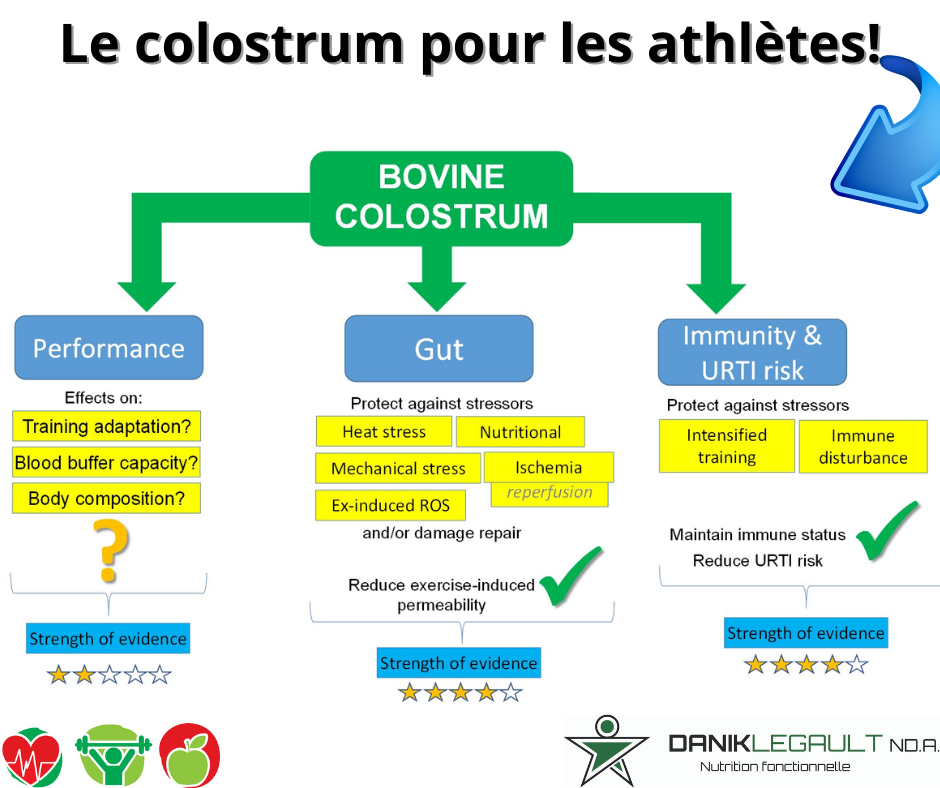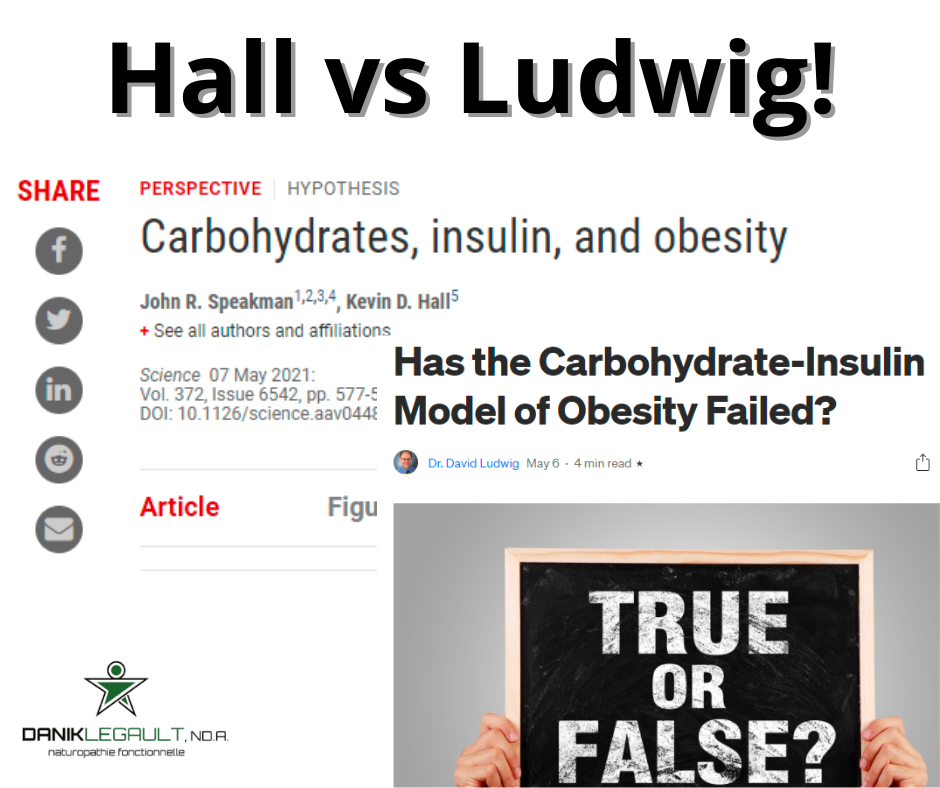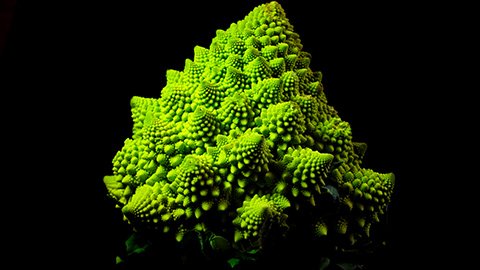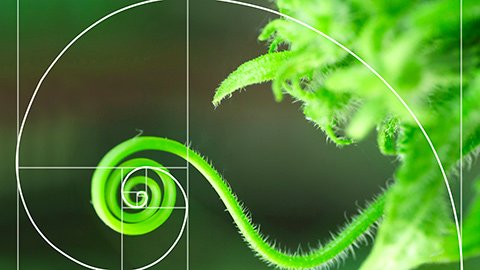Voir l’étude récente (mars 2020): https://
Les gens qui ont un plus grand réseau social ont tendance à avoir une meilleure diversité de leur flore. Une moins bonne diversité est associée au stress et à l’anxiété
Les gens qui ont davantage d’Akkermansia, de Lactococcus et d’Oscillospira ont tendance à être plus sociable. Des enfants ayant certains symptômes autistiques par rapport à la sociabilité ont justement moins de Lactococcus et d’Oscillospira.
Des gens moins sociables ont tendance à avoir plus de Desulfovibrio et de Sutterella.
Akkermansia et Oscillospira sont associés à une bonne santé en générale. Les gens avec des niveaux bas d’Oscillospira sont associés à un risque accru de maladies inflammatoires
Ceux avec une tendance névrosée (neurotic tendencies) ont une association avec des bactéries comme les streptococcus et les Corynebacterium. Ces 2 bactéries sont reliées aux faits de ressentir des symptômes dépressifs également
Notre réponse au stress influence notre microbiote mais notre microbiote influence également notre réponse au stress, nos perceptions, etc.
On sait que les microbiotes sont transférés de la mère aux enfants pendant l’accouchement. Serait-il possible que certains des traits de caractères qui se ressemble soient en partie dû au microbiote? Vous savez lorsqu’on dit « il ou elle est comme sa mère ».
C’est peut-être l’une des raisons également qu’on voit certaines études mentionner que les gens ont 17% plus de chance d’avoir une dépression majeur 6 mois après la prise d’une ronde d’antibiotique. Ces chances augmentent à 40% s’il y a une deuxième ronde.
Voici la conclusion de l’étude qui est excellente :
« In conclusion, differences in gut microbiome composition and diversity are shown to be linked to personality traits in the general population. The results of this study add a new dimension to our understanding of personality and are in line with accumulating evidence that the gut microbiome can influence the central nervous system in humans, with effects on behaviour. Such findings may inform the development of probiotic or prebiotic therapies to help improve mood and treat conditions such as autism, anxiety and depression. Discovering new and effective interventions for mental health conditions is of pressing concern, given the declines in psychological health of our modern society. Finally, it is pertinent to reflect on the ways in which our modern-day living may provide a perfect storm for dysbiosis of the gut. We lead stressful lives with fewer social interactions and less time spent with nature, our diets are typically deficient in fibre, we inhabit oversanitized environments and are dependent on antibiotic treatments. All these factors can influence the gut microbiome and so may be affecting our behaviour and psychological well-being in currently unknown ways. »
#onnepeutpasnégocieravecla
#naturopathie #santé #médecinefonctionnelle #médecineintégrative #alimentation #alimentationsaine #habitudesdevie #vivrenaturellement #bio #nutrition #pertedepoids #nutritionsportive #bienêtre #bienmanger
Les gens qui ont un plus grand réseau social ont tendance à avoir une meilleure diversité de leur flore. Une moins bonne diversité est associée au stress et à l’anxiété
Les gens qui ont davantage d’Akkermansia, de Lactococcus et d’Oscillospira ont tendance à être plus sociable. Des enfants ayant certains symptômes autistiques par rapport à la sociabilité ont justement moins de Lactococcus et d’Oscillospira.
Des gens moins sociables ont tendance à avoir plus de Desulfovibrio et de Sutterella.
Akkermansia et Oscillospira sont associés à une bonne santé en générale. Les gens avec des niveaux bas d’Oscillospira sont associés à un risque accru de maladies inflammatoires
Ceux avec une tendance névrosée (neurotic tendencies) ont une association avec des bactéries comme les streptococcus et les Corynebacterium. Ces 2 bactéries sont reliées aux faits de ressentir des symptômes dépressifs également
Notre réponse au stress influence notre microbiote mais notre microbiote influence également notre réponse au stress, nos perceptions, etc.
On sait que les microbiotes sont transférés de la mère aux enfants pendant l’accouchement. Serait-il possible que certains des traits de caractères qui se ressemble soient en partie dû au microbiote? Vous savez lorsqu’on dit « il ou elle est comme sa mère ».
C’est peut-être l’une des raisons également qu’on voit certaines études mentionner que les gens ont 17% plus de chance d’avoir une dépression majeur 6 mois après la prise d’une ronde d’antibiotique. Ces chances augmentent à 40% s’il y a une deuxième ronde.
Voici la conclusion de l’étude qui est excellente :
« In conclusion, differences in gut microbiome composition and diversity are shown to be linked to personality traits in the general population. The results of this study add a new dimension to our understanding of personality and are in line with accumulating evidence that the gut microbiome can influence the central nervous system in humans, with effects on behaviour. Such findings may inform the development of probiotic or prebiotic therapies to help improve mood and treat conditions such as autism, anxiety and depression. Discovering new and effective interventions for mental health conditions is of pressing concern, given the declines in psychological health of our modern society. Finally, it is pertinent to reflect on the ways in which our modern-day living may provide a perfect storm for dysbiosis of the gut. We lead stressful lives with fewer social interactions and less time spent with nature, our diets are typically deficient in fibre, we inhabit oversanitized environments and are dependent on antibiotic treatments. All these factors can influence the gut microbiome and so may be affecting our behaviour and psychological well-being in currently unknown ways. »
#onnepeutpasnégocieravecla
#naturopathie #santé #médecinefonctionnelle #médecineintégrative #alimentation #alimentationsaine #habitudesdevie #vivrenaturellement #bio #nutrition #pertedepoids #nutritionsportive #bienêtre #bienmanger















